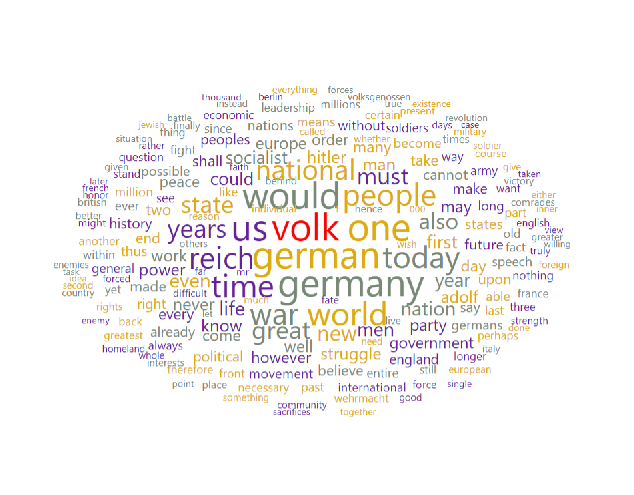
An exploration of the profound effects that totalitarian regimes, especially Nazi Germany under Hitler, had on society.
Totalitarianism, especially as seen in regimes like Nazi Germany, has far-reaching impacts on society. It is marked by the absolute control of the state over the lives of its citizens, affecting everything from political freedoms to personal relationships.
Under Adolf Hitler's regime, Nazi Germany became a horrifying example of totalitarian control. The regime's ruthless policies led to the suppression of dissent, widespread propaganda, and an atmosphere of fear and paranoia.
One of the most disturbing consequences of totalitarianism under Hitler was the targeting and systematic extermination of millions of people, particularly Jews, in the Holocaust. The Nazi regime’s manipulation of social and cultural norms created an environment in which mass violence became institutionalized.
Additionally, totalitarian regimes like Nazi Germany stripped away individual freedoms, placing the state above all else. The state dictated the moral and ethical framework, thereby altering social dynamics and human rights.
The long-lasting impact of totalitarianism on society is seen in the aftermath of such regimes. The trauma, division, and the restructuring of social order left deep scars on the collective consciousness of nations. The legacy of such oppression still resonates today, reminding us of the critical importance of protecting individual freedoms and democratic governance.
